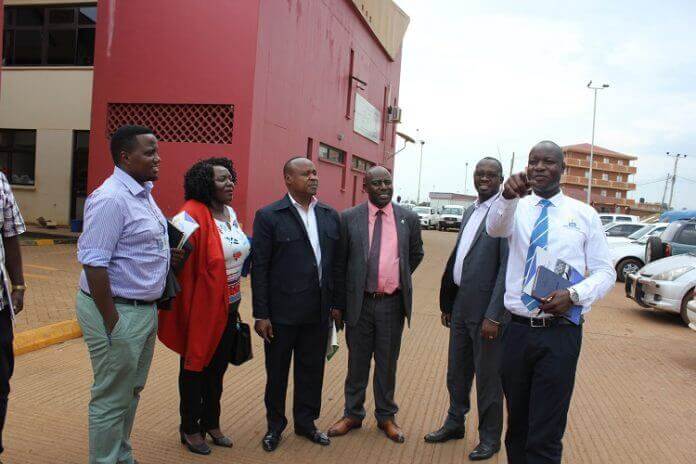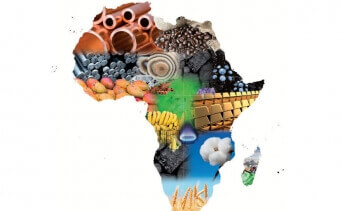The world’s trade is expected to grow at a much slower pace this year and next year than previously anticipated. This is blamed on the “escalating trade tensions” and uncertainties around Brexit, according to the World Trade Organisation (WTO). World trade in merchandise is expected to expand by only 1.2 per cent this year, less than half the rate of 2.6 per cent growth anticipated in April, the WTO said in a statement released on Tuesday morning. World trade is forecast to reach 2.7 per cent next year, below the 3 per cent previously foreseen. WTO Director-General Roberto Azevêdo said the darkening outlook for trade is discouraging but not unexpected. “Beyond their direct effects, trade conflicts heighten uncertainty, which is leading some businesses to delay the productivity-enhancing investments that are essential to raising living standards,” he said. WTO economists had warned during its annual forecast in April that systemic threats to global trade – notably retaliatory tariffs between China and the United States – would continue to hamper the flow of goods. In September, US President Donald Trump increased tariffs on $112 billion worth of Chinese imports, threatening American consumers with higher costs for shoes, apparel and electronics. As China slapped retaliatory tariffs on $75 billion of American imports, President Trump threatened to extend tariffs to $550 billion worth of Chinese imports. The president last month delayed by two weeks a planned increase in tariffs on $250 billion worth of Chinese goods, momentarily restoring hopes for a trade deal. But...
WTO lowers global trade growth forecast
Posted on: October 7, 2019
Posted on: October 7, 2019



















